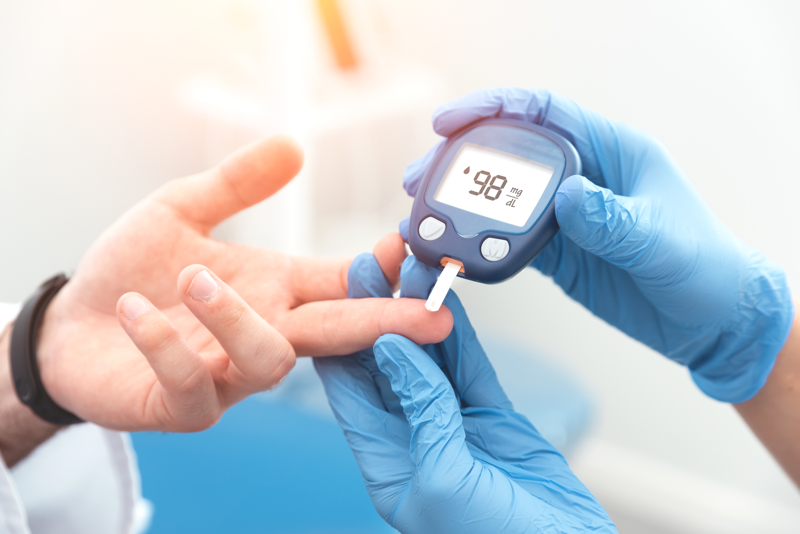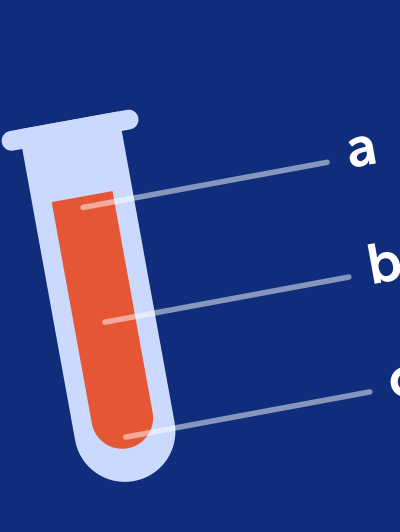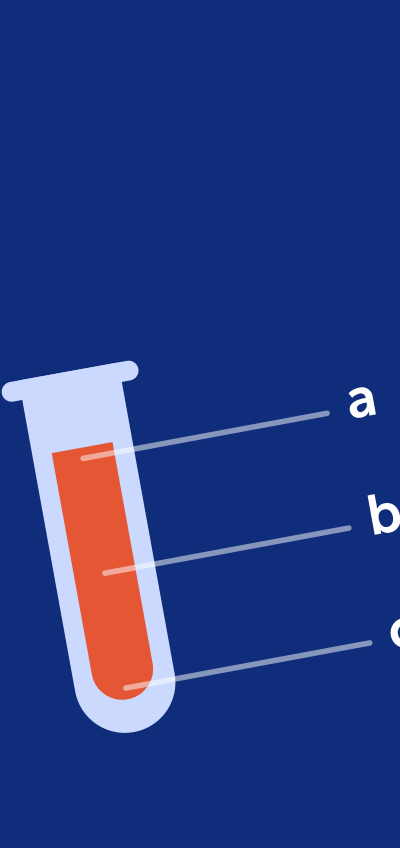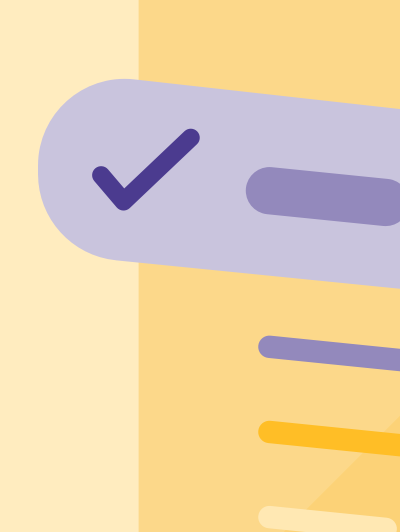
The Daily NCLEX® Challenge is the easiest way to ace your NCLEX exam the first time! Join today, and access 7 days of Premium for free.
Sign up now to receive your first challenge →
Since you’ve made it this far in nursing school, you’re likely well aware that diabetes mellitus is a serious health issue. Prediabetics or those living with diabetes make up over 100 million adults in the United States alone.
Therefore it’s no surprise the NCLEX exam will include a fair amount of diabetes NCLEX questions. The nursing care you provide can help prevent diabetic complications and increase the lifespan of your patients with diabetes.
To thoroughly prepare you for diabetes NCLEX questions, we’re going to explain the nursing management of diabetic patients including what you should watch for. Then we’ll finish with some diabetes NCLEX questions with answer rationales. But first, let’s begin with a refresher of what diabetes is.
When you eat, your body breaks down the food into sugar. This sugar is called glucose and you can think of it as energy for your body’s cells. But in order for your cells to get the glucose, the hormone insulin, which is secreted by the pancreas, is needed.
Think of insulin as the car that drives sugar into your cells. When you have enough “cars,” sugar can freely enter your cells to either be stored for later use or used immediately for energy. When there aren’t enough “cars,” that glucose sits in your blood causing hyperglycemia or high blood sugar levels. Hyperglycemia, particularly prolonged hyperglycemia, causes damage to the body which we’ll explore shortly.
So not having enough insulin combined with high blood glucose is called diabetes or diabetes mellitus. And insulin is crucial for blood glucose regulation. When the body isn’t making enough insulin, the patient can end up with a few different types of diabetes. For this reason, having this basic understanding of diabetes is crucial for answering diabetes NCLEX questions and increasing your odds of passing on the first attempt.
Prediabetes is an often overlooked but serious health problem. With prediabetes, blood glucose levels are elevated, but not elevated enough to be officially diagnosed with diabetes. These patients either aren’t making enough insulin or may have insulin resistance where their body isn’t using insulin correctly.
At this stage of diabetes, exercise and diet changes typically reverse the progression. If it’s not reversed, it can progress into Type 2 diabetes.
Type 1 diabetes is typically found in children and is not due to lifestyle. A patient with Type 1 diabetes has a pancreas that doesn’t produce insulin. And as you know, a body without insulin means hyperglycemia is the result in addition to cells that are deprived of energy.
This happens because the body is attacking the beta cells within the pancreas that are responsible for producing insulin. And without beta cells, there’s no insulin available to transport sugar into the cells. Because of this, these patients must be managed with insulin.
Type 2 diabetes is a bit sneakier than Type 1 because it often comes on subtly. Patients with Type 2 diabetes generally have a lifestyle or family history that predisposes them to the disease. When Type 2 diabetes is diagnosed, the patient’s body isn’t using or making insulin efficiently.
This occurs when the beta cells that produce insulin can’t keep up with demand. Because of this, the body can’t keep blood sugar levels within an acceptable range. Often prediabetes is diagnosed before Type 2 diabetes.
Gestational diabetes is a bit different because it occurs only during pregnancy. This occurs when the patient’s pancreas can’t keep up with insulin production while pregnant. The high blood glucose levels that result can even cross the placenta, giving the developing fetus high blood glucose levels also.
Gestational diabetes is managed with diet and exercise, but sometimes supplemental insulin is needed. In addition, this condition typically reverses once the baby is delivered. But a patient is more likely to get Type 2 diabetes later in life if they’ve been diagnosed with gestational diabetes.

These are the symptoms patients often report who receive a diabetes diagnosis. It’s important to be aware of these for diabetes NCLEX questions. These symptoms of diabetes from a patient’s perspective include:
Diabetes NCLEX questions will include questions on medication management of diabetic patients. Here are the medications you’ll need to know.
Oral medications may be used to manage diabetes by causing the patient’s own pancreas to secrete more insulin. A couple of these medications include sulfonylureas like Glipizide or Glyburide or biguanides like Metformin.
The following types of insulin injections are given subcutaneously:
These all work a bit differently in terms of onset, peak, and duration of the medication.
When preparing for the NCLEX exam, keep in mind the following complications associated with diabetes for the diabetes NCLEX questions:
If too much insulin is given, blood glucose levels fall below the normal range and cause:
When answering diabetes NCLEX questions, remember that these patients need sugar immediately. This can happen with a fast-acting carbohydrate like juice, honey, or soda. Another option is a glucagon injection or dextrose supplements such as IV, tablet, or gel.
Diabetes and consistent blood glucose levels above the normal range cause:
For diabetes NCLEX questions, be sure you understand the complications of hyperglycemia and how to manage them.

So how can you manage diabetes as a nurse and have better odds of getting your diabetes NCLEX questions correct? Here’s what you’ll need to know about diabetes (this is not an exhaustive list):
Here are some samples of diabetes NCLEX questions to get you prepared for the NCLEX exam.
Diabetes NCLEX Question #1
You are caring for a Type 1 diabetes mellitus patient who has a dose of a long-acting insulin due in one hour. Which of the following insulins is a long-acting insulin?
Answer: D — Insulin glargine is an example of a long-acting insulin and often goes by the names Lantus, Basaglar, and Toujeo. Prednisone is not a medication for insulin. Glipizide and metformin are oral medications for diabetes and are not long-acting insulins.
Diabetes NCLEX Question #2
You’re the healthcare provider caring for a patient with Type 2 diabetes mellitus experiencing complications related to heart disease. This patient takes an NPH insulin dose subcutaneously each morning via an insulin pump before breakfast. What time should you tell the patient that NPH insulin peaks?
Answer:B — NPH insulin is an intermediate-acting insulin that peaks 4-12 hours after injection. It’s important to know when insulin peaks so you can monitor for signs of a hypoglycemic reaction.
Diabetes NCLEX Question #3
You’re caring for a high-risk client with Type 1 diabetes mellitus who presents to the emergency department exhibiting signs of diabetic ketoacidosis with a blood glucose of 321. Which of the following would you expect to see in this patient?
Answer: B, C, and D. Retinopathy, confusion, and lowered serum bicarbonate are all symptoms of diabetic ketoacidosis. Diaphoresis is associated with hypoglycemia, not the hyperglycemia seen in diabetic ketoacidosis patients. Also, those with diabetic ketoacidosis have increased urination.

You can answer the diabetes NCLEX questions with full confidence if you take your studying seriously. You know you should be answering practice questions daily to prepare but maybe are unsure of where to start.
This is exactly why we created the NCLEX Daily Challenge.
When you register, you’ll get an NCLEX question sent to you each day to get you ready to go for the exam. Knock your diabetes NCLEX questions out of the park with practice questions delivered straight to you every day.
If you are still in nursing school, use these strategies and tips on your nursing exams.
Continue reading

There are always a few more things you can squeeze in last minute to boost your chances of passing.
Continue reading
